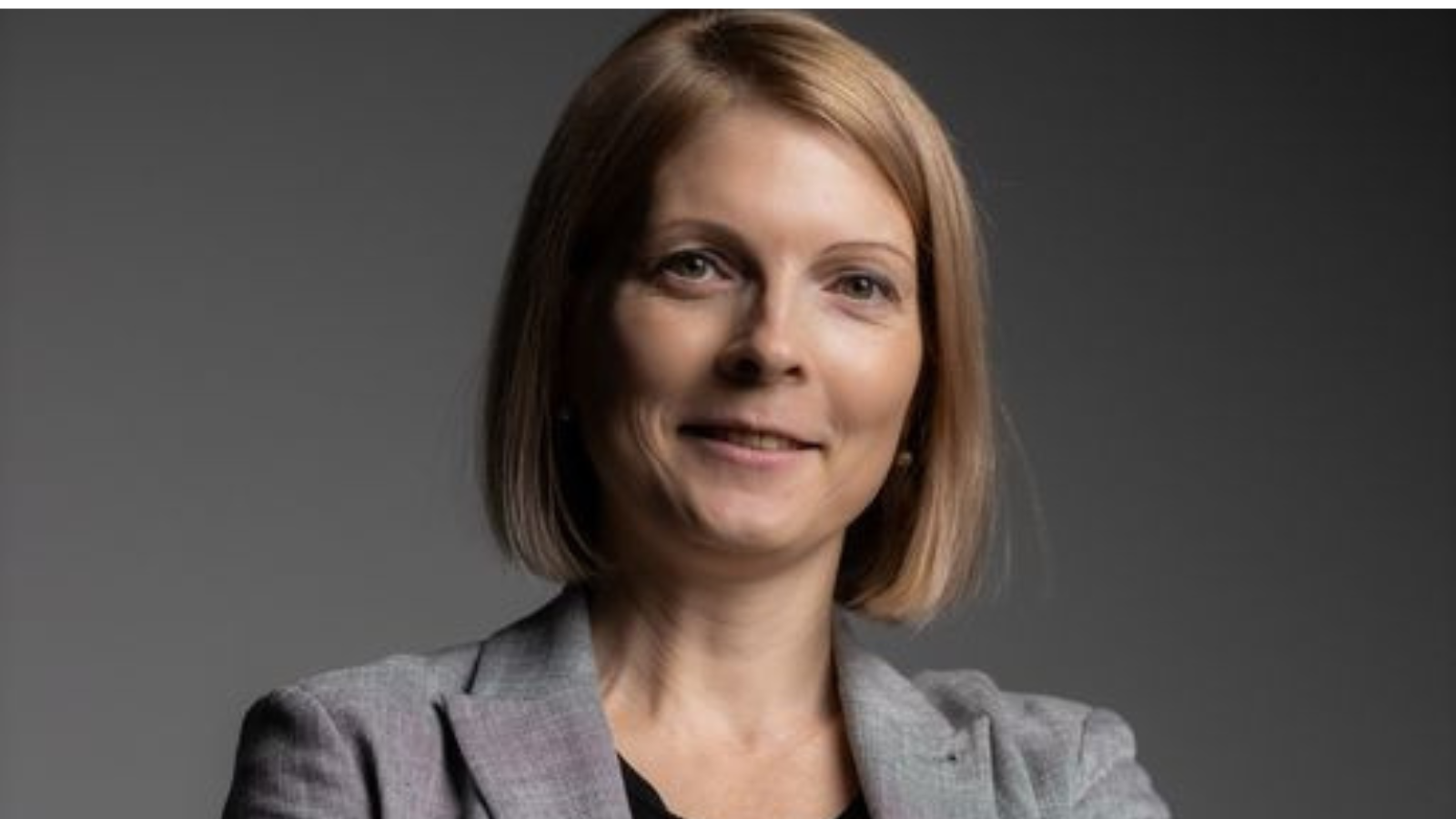In the last week of October, we marked the fourth UNESCO World Media and Information Literacy Week. Thanks to the active involvement of 11 countries, including Latvia, this week was established by the UN General Assembly in 2021 with the goal of improving people's skills in dealing with information, media, and technology. In this article, I summarize some of the thoughts that arose while actively attending events during Media and Information Literacy Week, as well as through our own initiatives at Vidzeme University of Applied Sciences, where we organized several activities under the UNESCO Chair in Media and Information Literacy and Scientific Literacy.
Friends, it's not good – there is a lack of basic knowledge about the media!
I use this phrase, originally from a former politician, to describe my central conclusion that ran through nearly all the events I attended. It's true – this is not good! Although various media and information literacy advocates in the public, non-governmental, and private sectors, as well as foreign donors, are all doing very important work, a closer look reveals that nearly every week, there’s at least one seminar or training session in Latvia on current media literacy issues. The media landscape is full of pressing topics: increasingly sophisticated campaigns by local and foreign-funded disinformers, dirty political manipulation to influence citizens, artificial intelligence solutions, and the unethical business practices of social media platform owners. These and many other aspects are adding up, resulting in a rapid decline in the most important thing that holds together democratic societies – trust in various institutions. To trust an institution, it must be known and understood, at least on the surface, in terms of its goals, tasks, and role in society.
Well, when it comes to media, our society’s level of knowledge is insufficient. This was revealed not only by the participants in various events during last week but also confirmed by the media literacy study conducted by the National Electronic Mass Media Council (NEPLP), which was presented last week. A paradox has emerged: nearly everyone has heard about the dangers of deepfakes, but if asked about the difference between the portal Delfi and the platform Facebook, many may not know the answer. Similarly, people may not know the difference between a professional journalist who works according to industry standards of quality and responsibility, adheres to journalistic ethics, and a content creator – an influencer – who is paid to promote a specific product.
A poor harvest during Media and Information Literacy Week – society lacks interest and opportunities to learn
I borrowed the term "poor harvest" as a fitting description of the problem highlighted during the opening event of Media Literacy Week at the State Chancellery by the editor-in-chief of Delfi, Filips Lastovskis: we have missed the moment and the opportunity to educate the public about the very basics of the media environment. Such content is currently unpopular – the kind where the media introduces the media environment, educates people about the goals and intentions of different content creators, and explains the diversity of content, such as the difference between opinion pieces (like this one) and news materials.
A quick review of familiar online resources led me to the conclusion that in Latvia, sufficient and up-to-date educational materials about the media are primarily available for school-age children and teenagers. These are offered, for example, by the Safer Internet Centre. A small set of materials has been developed by the Baltic Media Excellence Center. The Safer Internet Centre also produces resources for parents who care about how their children consume information online and how their media usage habits are formed. The widest range of freely available media literacy materials can be found in the database maintained by NEPLP. But would I, as an adult, choose to learn about topics I am unfamiliar with by opening resources and lesson plans intended for 4th to 6th graders? Probably not. Therefore, one of the insights I take away from UNESCO’s Global Media and Information Literacy Week is the clear gap in content aimed at adults. The problem remains – how can we create demand for this type of content, and how can we ensure that adults, amidst their busy daily lives, find time to learn something about the media? Without this, we will not achieve truly positive results in media literacy. If there is no foundational knowledge, learning about current issues will remain disorganized because the "big frame" of knowledge will be missing – what are media, what do they do, and how complex, diverse, and important is the media landscape for a democratic society? We cannot do without this kind of knowledge because one of the main challenges for the future of democratic societies will remain the fight against disinformation and information manipulation. We still have significant work ahead of us to make information not only our weapon but also a shield for a safer society.
Since 2022, Vidzeme University of Applied Sciences has hosted the UNESCO Chair in Media and Information Literacy and Scientific Literacy, thus expanding the opportunities for students and faculty to explore and research these topics. Although the chair has been in place relatively recently, the university's activities in media literacy extend much further back. We are one of the leading providers of these competencies and a kind of “watchdog” to ensure that media literacy and information literacy reach new and receptive audiences. Although this field is beginning to develop more actively in Latvia, Europe has a more systematic approach – several countries are introducing subjects or courses that integrate media literacy and information literacy skills into school curricula.
To conclude, I would like to share a useful resource – a free online course created for media consumers in Estonia, Latvia, and Lithuania, which helps evaluate information and equips you with the ability to identify disinformation: https://veryverified.eu/lv/home-latviesu-valoda/
[1] https://lvportals.lv/skaidrojumi/366607-uzticesanas-petijums-cilvekus-uzruna-saprotami-pieradijumos-balstiti-lemumi-un-cienpilna-komunikacija-2024
[2] https://www.neplp.lv/lv/jaunums/publiskots-petijums-par-latvijas-iedzivotaju-medijpratibu
[3] https://drossinternets.lv/lv/info/medijpratiba
[4] https://bcme.eu/lv/darbi/medijpratiba/medijpratibas-macibu-materiali
